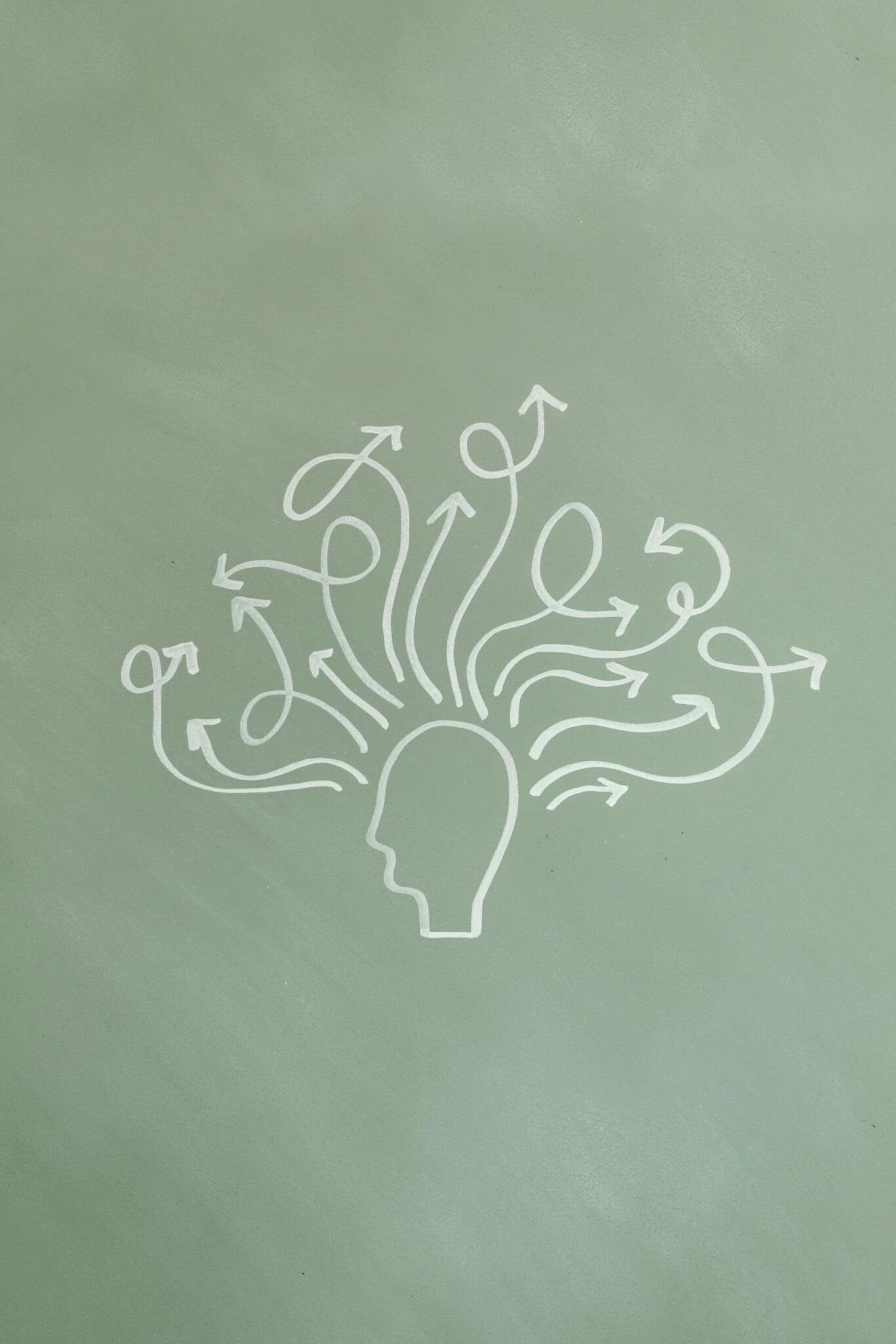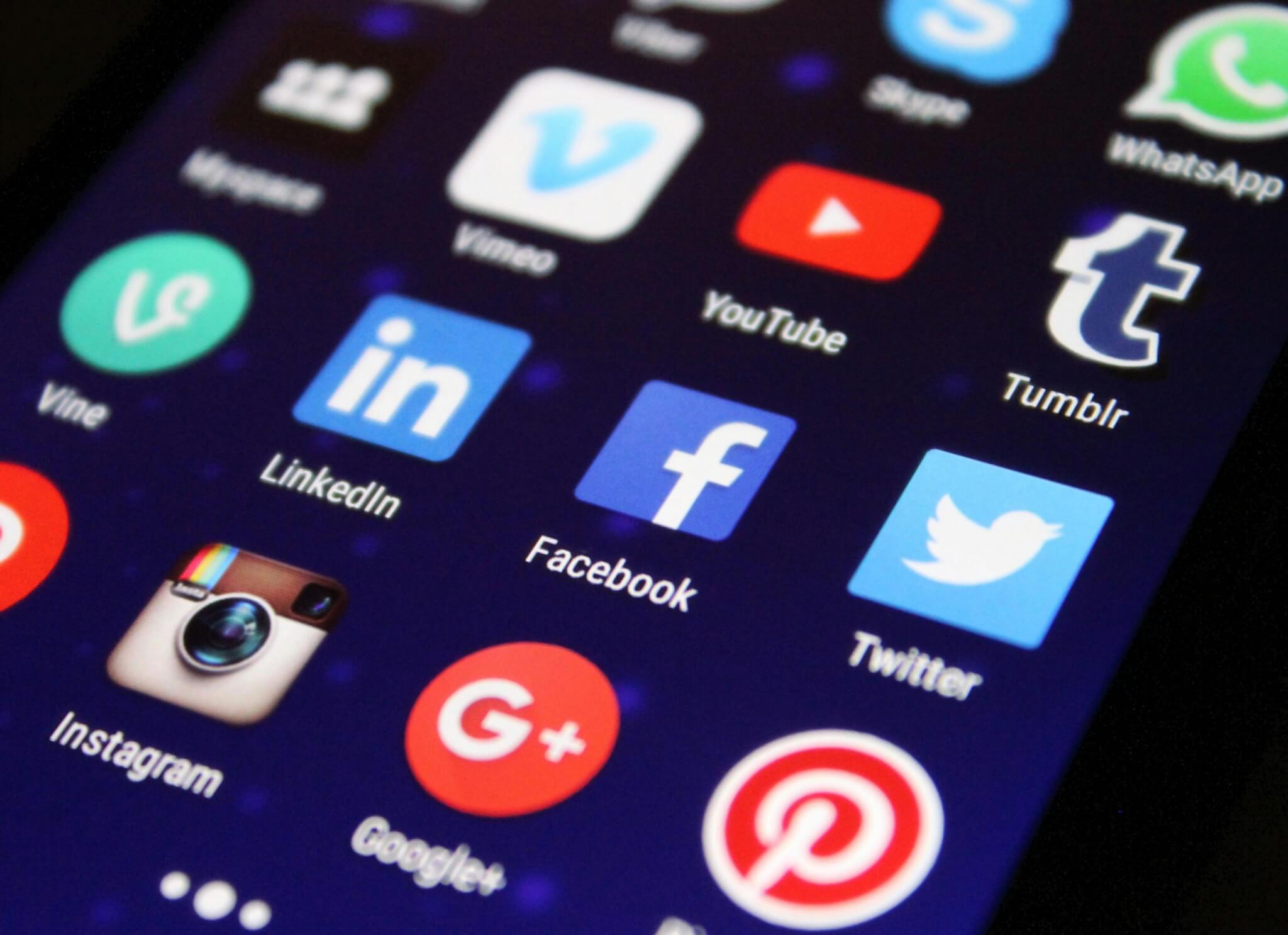Here is a guest blog. Do you want to write one?
There’s a growing movement online that is unfortunately causing fairly drastic consequences. It’s called the “”Thinspo”” movement, short for “Thinspiration,” (a portmanteau of “thin” and “inspiration”) and it’s taking over social media websites.
“Thinspo” is the act of viewing photos of women that are incredibly skinny – often with bones protruding out of their skin – and claiming that the photos are inspiration to get thin and exercise. The problem is that “”Thinspo”” isn’t health related at all. Rather, it’s veiled anorexia that is unfortunately gaining popularity due to a lack of understanding of the social implications.
“Thinspo” and Pro-Ana
In many ways, “Thinspo” is simply the next evolution of the pro-anorexia groups that caused significant problems the last few decades. “Thinspo” photos are women in the lowest 5% of body weight, often in the lowest 1%, and are spread through Pinterest, Twitter, and other social media sites.
What is making “Thinspo” such a problem is that not everyone that uses the term or spreads the photos is sharing women that are “unhealthy” thin. Many are simply fit, or in general good shape. There is another online sensation, known as “fitspo” that – while still promoting the idea that all women need to be young and fit – shows photos of much healthier women that happen to be at the height of fitness.
Some of the “Thinspo” tags are also photos of “fitspo,” and that means that not everyone using the phrase or promoting the idea even knows that they are spreading pro-ana. Many simply think they’re promoting fitness, and so they share these photos and use the phrase openly, without regard to the consequences.
Unfortunately, “true Thinspo” is much worse, and unfortunately many of those posting healthy “Thinspo” are at risk for developing further body dysmorphic disorder and potentially posting photos of thinner and thinner women. The true promoters of “Thinspo” often post photos of women with severe anorexia or weight problems, highlighting features that are nearly impossible for a healthy woman, including:
- Thighs that are several inches from touching.
- Bone ribs with no muscle mass.
- Pronounced neck bones.
Many of the photos are photoshopped to appear even thinner. “Thinspo” supporters also post several “inspirational” quotes along with photos of the bones of deceased women. One only needs to look at the photos connected to the hash-tag to see the problem: https://twitter.com/search?q=%23″Thinspo”
What “Thinspo” Does
Without awareness about what “”Thinspo”” truly is and how it is promoting severe eating disorders among young women, there is going to be a serious problem. This is already a community that’s growing rapidly, partly because of a lack of knowledge about what the “Thinspo” movement is really designed to do, and unfortunately many women are finding that they are being roped into the “Thinspo” movement accidentally, believing that they’re taking part in a campaign to simply lose weight. The photos may start out with women that are simply thin but otherwise fit and healthy, but over time they risk growing thinner, as well as promoting an idea with other women that may be more prone to eating disorders.
Overall, “Thinspo” is a serious problem that is quickly getting out of hand, and something that parents and educators need to address before the issue becomes out of control.
About the Author: Ryan Rivera has seen the effects of anxiety on eating disorders and vice versa. He runs a website about reducing anxiety at www.calmclinic.com.










